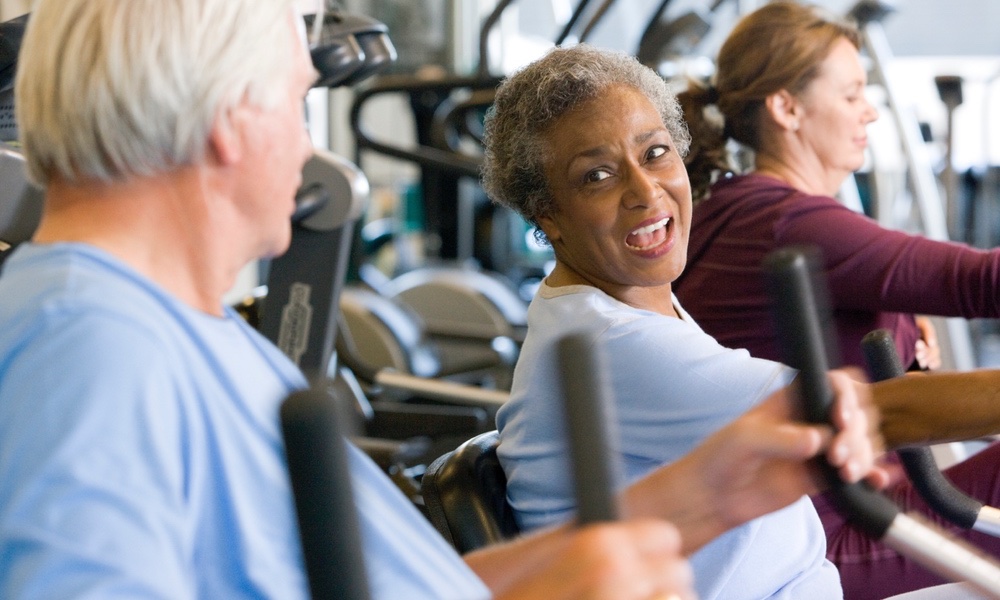For many older adults, declining health is often seen as inevitable. But a new Canadian study suggests otherwise. It offers a powerful and hopeful message: It's never too late to bounce back .
Analyzing health information on more than 8,000 seniors 60 and older, researchers from the University of Toronto found that nearly one in four seniors who began the study in poor health had regained “optimal wellbeing” within three years.
The research drew on longitudinal data from the Canadian Longitudinal Study on Aging (CLSA), a nationwide project that tracks health outcomes over time. Specifically, investigators evaluated over 8,300 individuals who, at the study's start, did not meet the criteria for “optimal wellbeing.”“Older adults can and do bounce back — and we need to build systems that support recovery.”
The results were dramatic. The research team found that over 23 percent had achieved optional wellbeing within three years — a direct contradiction to the notion that health decline is unavoidable in older age.
“This isn't just a story of resilience — it's a roadmap for how we can help more older adults recover and thrive,” lead author Mabel Ho, a graduate of University of Toronto's Factor-Inwentash Faculty of Social Work and the Institute of Life Course and Aging, explained in a media release. “Our findings highlight the powerful role of modifiable lifestyle and psychosocial factors in shaping healthy aging trajectories.”
What drives recovery? The most powerful factors were psychological and emotional wellness. People who reported strong mental health at the study's outset were nearly five times more likely to regain full wellbeing compared to those struggling emotionally.
Other key factors connected to wellbeing recovery included:
- Maintaining a healthy body weight
- Regularly engaging in physical exercise
- Getting enough sleep
- Not smoking
- Staying socially active
For decades, the dominant cultural message about aging has centered on loss and deterioration. But this study calls for a different story.
“Too often, the focus in aging research and geriatric practice is on decline and disability. Our findings disrupt that narrative,” the study's senior author, Esme Fuller-Thomson, Director of the Institute for Life Course & Aging and Professor at the University of Toronto's Factor-Inwentash Faculty of Social Work, said. “Older adults can and do bounce back — and we need to build systems that support recovery.”
One of the most eye-opening aspects of the research was how multiple areas of wellness reinforce each other. Maintaining wellness in two of the four domains (physical, psychological, social or self-rated wellness) increased recovery odds 13-fold. Having three areas intact raised the odds almost 39 times.Nearly one in four seniors who began the study in poor health and wellbeing had regained “optimal wellbeing” within three years.
The study underscores the importance of healthcare systems and social programs that focus on whole-person wellness, not just disease management. It also points to the need for mental health supports, community engagement programs and accessible resources for physical activity among seniors.
Ultimately, the research reaffirms what many older adults already know. Setbacks don't define the final chapter. With resilience, support and the right conditions, later life can be a time of renewed strength, activity and joy.
The study is published in PLOS One.





